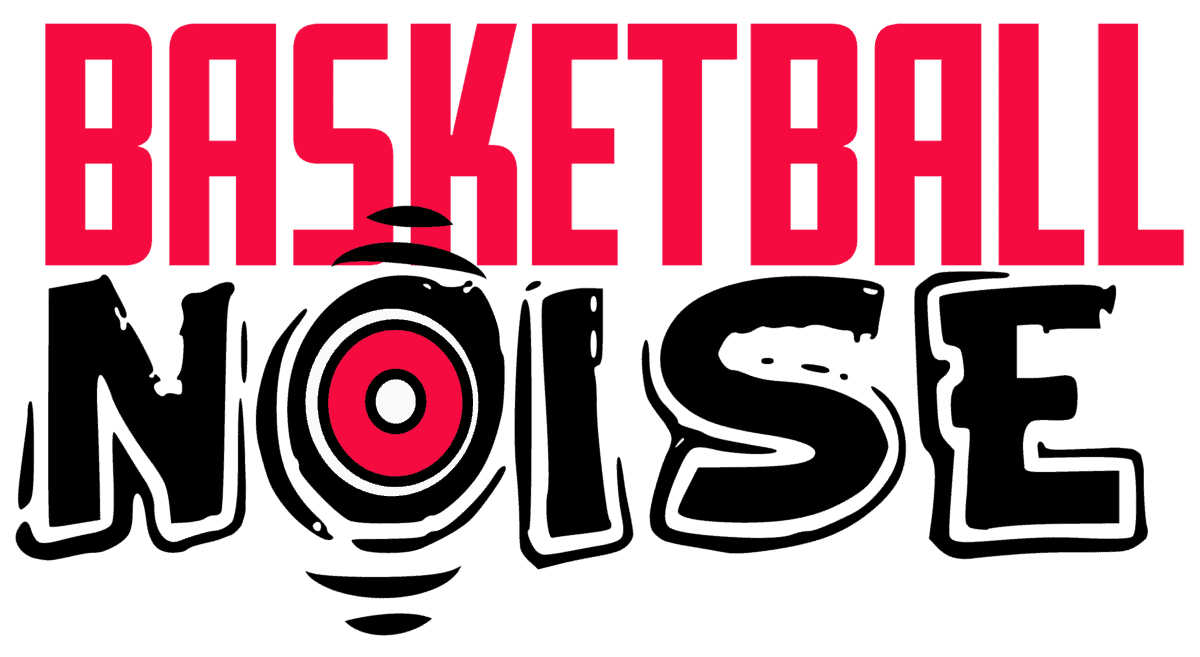Larry Bird is written in the annals of the NBA, as one of the greatest players to have ever played basketball. Bird created his legacy with the Boston Celtics and became the inspiration for many players. There is also a certain rule associated with his name.
What is the Larry Bird rule? With Larry Bird’s rights, a team can re-sign their free agents even if they exceed the salary cap. To do this, a player must spend the last three years in a row with the same team or on the same contract.
Larry Bird’s rule has gone through several changes and has become one of the most important concepts when it comes to a salary cap. In this article, we will have a more comprehensive look at this subject.
Soft Salary Cap
Before we move to thorough details of the Larry Bird rule, which may seem complicated at the first glance, it is necessary to talk about a soft salary cap in the NBA. The NBA has a soft salary cap that is set in July based on projected league earnings for the coming season. After the salary cap is established, the off-season officially opens and clubs can enter into new contracts with free agents – their own and others. In the 2020/21 season, the ceiling is set at $109.14 million, but since this is a soft cap system, almost all clubs exceed this figure through various exemptions. That’s why a lot of experts in the NBA criticize the salary cap format in the league.
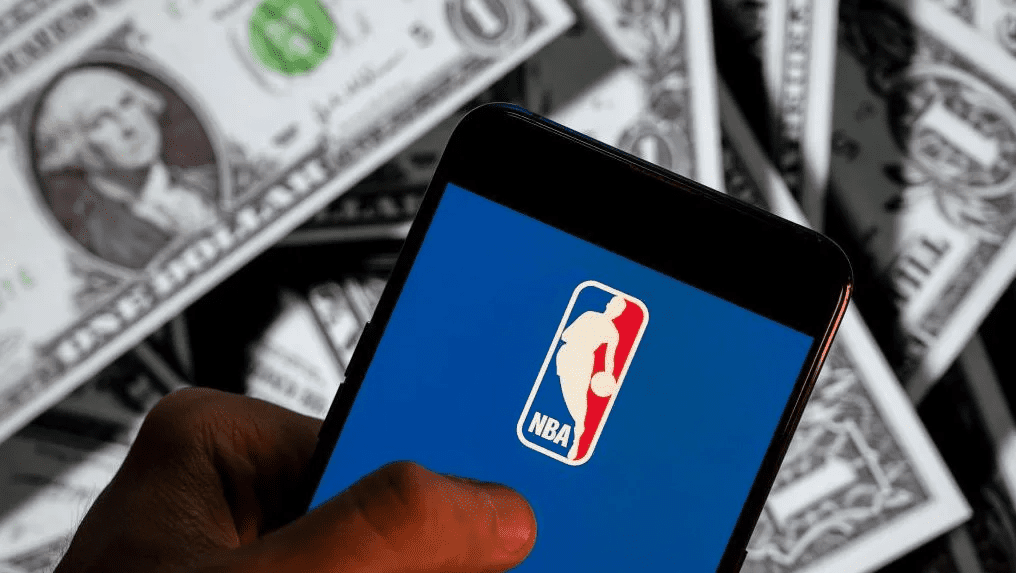
Larry Bird Exception
Larry Bird was so famous and popular that two rules are named after him. The main one is the amendment to the NBA Free Agent Collective Bargaining Agreement, thanks to which the current NBA with its soft salary cap exists.
In the 80s, the salary cap was hard. And one day in 1983, the Celtics were faced with the situation that they could not renew the contract of their best player Larry Bird without breaking this ceiling. The league tackled this problem in the summer of the same year because it was time to sign a new Collective Agreement, which introduced the Larry Bird exception, which said: the team has the right to re-sign its own free agents in excess of the salary cap. This is how the soft cap was born.
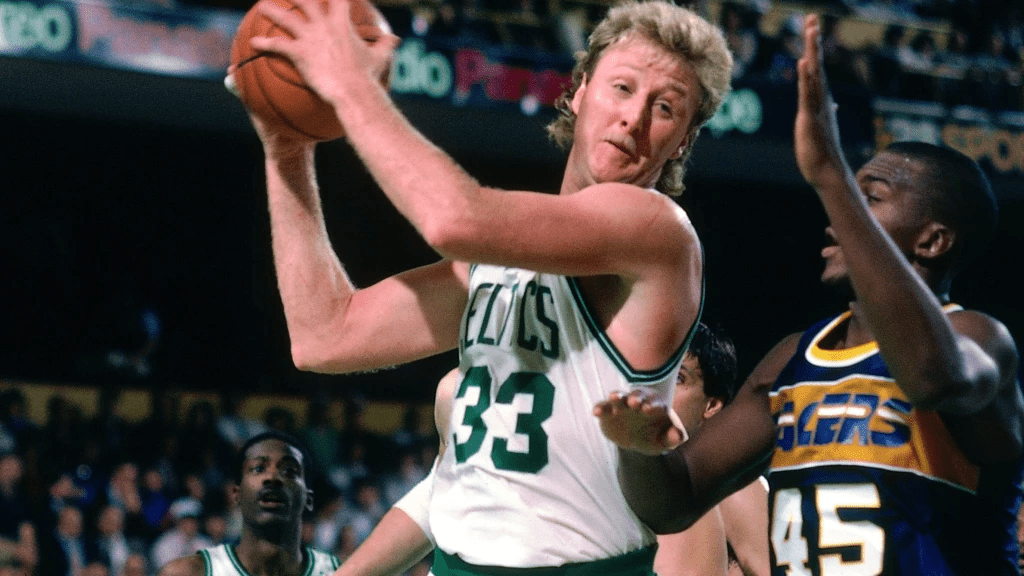
Interestingly, the name of this rule is misleading. Larry was not the first player to be affected by this exception – he signed his new contract before the new Collective Agreement was ratified. But since then, it is Bird who has been grateful to the NBA stars for their multimillion-dollar contracts, signing new agreements on Bird’s rights.
Bird’s Collegiate Rule
Another NCAA rule states that a player who enters the NBA Draft cannot return to college. It is sometimes mistakenly believed that it is in the NBA that there are such restrictions – in fact, the NBA rules allow players to go back to the NCAA, but only the student association does not take back.
In 1978, Bird was selected for the NBA Draft but decided to stay at Indiana State for another year. Later, the rules for entering the draft and the possibility of returning to college were supplemented and refined many times, but since 2003 Bird’s rule clearly states: if a player was selected in the NBA Draft, he has no way to return to the NCAA.
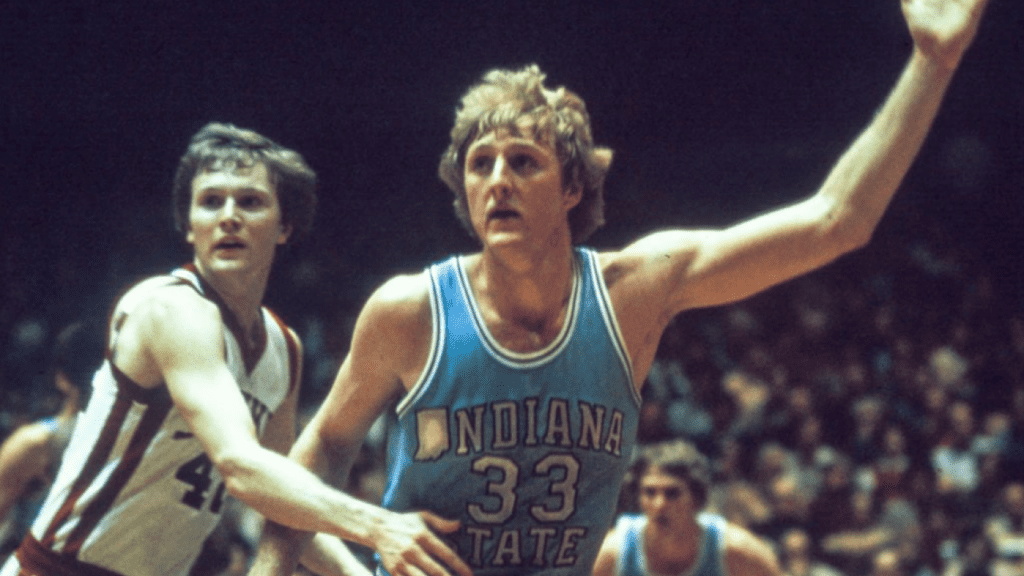
Free Agency and Bird’s Rule in More Details
A free agent is counted in the payment depending on what his last salary was and what Bird’s rights he has. Depending on this, the caphold can range from 120% to 300% of the last annual salary. The club can relinquish Bird’s rights to a player, then the caphold will be removed, but such a player can only be re-signed for a place under the salary cap or an exception. The caphold will disappear as soon as the player signs a contract with the old or new team.
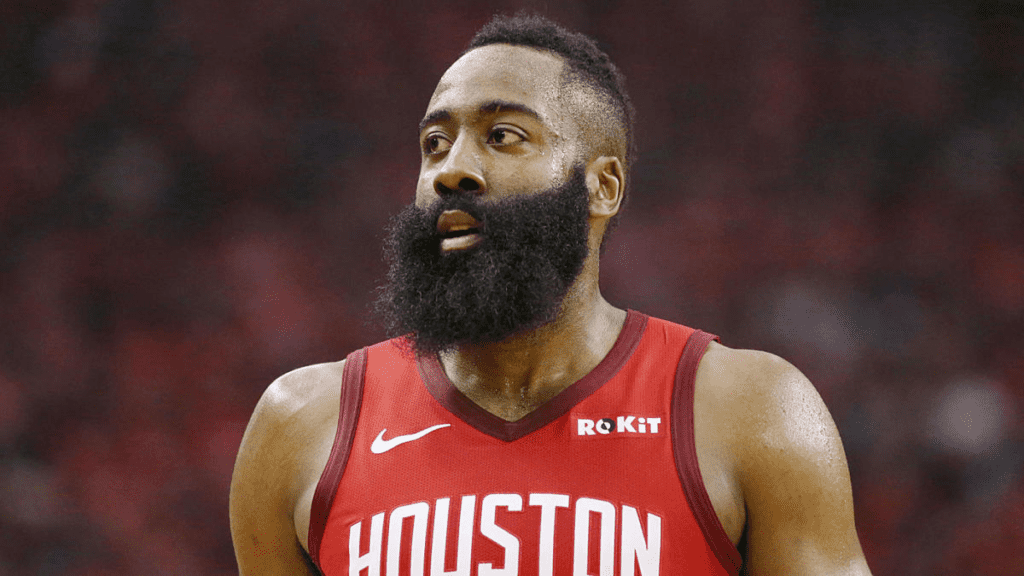
Two truncated versions of Bird’s rights – non-Bird (1 year on the team) and Early Bird (2 years) – limit the team on the amount and terms of the new contract. Limited Bird is another possibility. If the club refuses the command option for the third/fourth year in the newcomer’s contract, it cannot then re-sign the player for an amount greater than that originally relied on by the option. If a player signs with another club, his Bird rights to the old team disappear.
Possible Changes
At some point, the NBA has demanded that the league reconsider the wording of the Bird rule. As we have already mentioned several times in our article, according to this rule, players who have played for a team for more than three years can receive certain salary benefits that allow them to increase the salary cap.
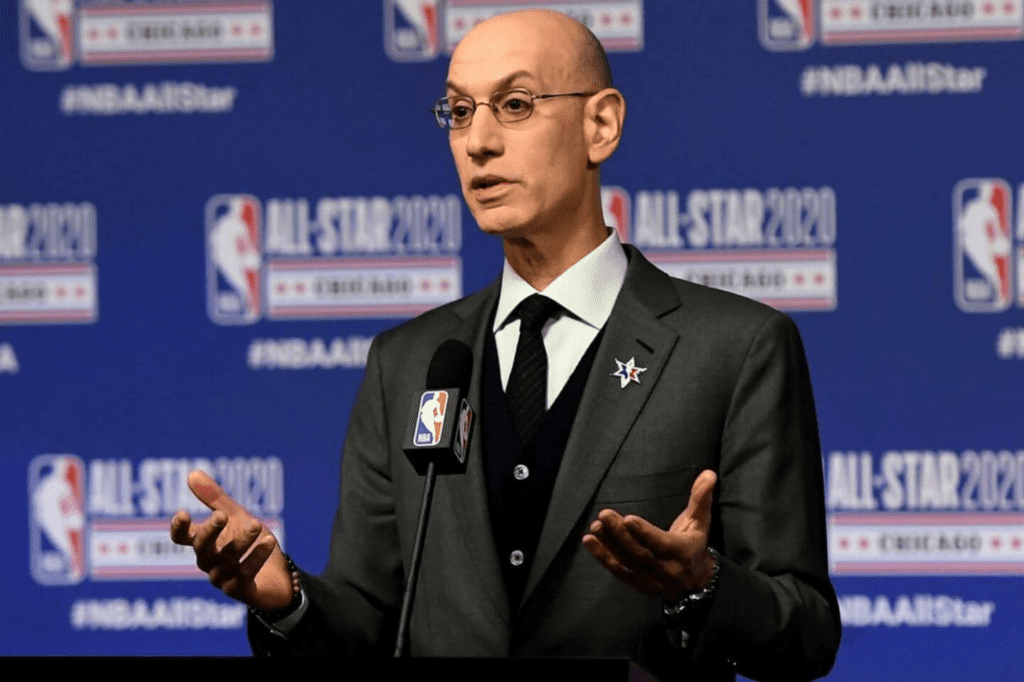
At the moment, this rule even applies to players who were traded during the season. Billy Hunter, the former executive director, was one of the first ones that demanded that the rule also apply to basketball players who have been kicked out by clubs.
At the present moment, it is difficult to predict whether the new changes will come into force or not. Larry Bird’s rule is a complicated approach to contracts and free agency, which is unlikely to change in the foreseeable future. A lot of teams use this right to resolve the salary cap issue. A lot of teams would probably be opposed to the changes.
